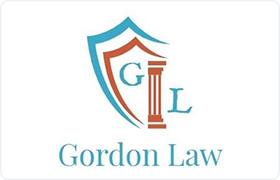High Shoals White Collar Crime Lawyer, North Carolina
Sponsored Law Firm
-
 x
x

Click For More Info:
-
The Law Offices of Andrew L. Gordon, PLLC.
725 E. Trade Street Suite 205 Charlotte, NC 28202» view mapCriminal Defense Law Fighting For Your Rights
Everyone knows that the law is not a simple topic. But when you meet with a Gordon Law attorney, the confusion will clear up before you know it.
800-941-2360
Samuel J. Randall
✓ VERIFIEDCriminal, DUI-DWI, Misdemeanor, Felony, White Collar Crime
Since 1998, Samuel J. Randall, IV has built a solid reputation among his peers, adversaries, and the judiciary in North Carolina as an aggressive and ... (more)
James P. Mcloughlin
Other, Litigation, White Collar Crime, Criminal
Status: In Good Standing Licensed: 41 Years
Thomas A. Pennington
Aviation, Divorce & Family Law, White Collar Crime, Administrative Law
Status: In Good Standing Licensed: 42 Years
James Patrick Mcloughlin
Other, Litigation, White Collar Crime, Criminal
Status: In Good Standing Licensed: 41 Years
Jonathan Henry Ferry
Litigation, Government, White Collar Crime
Status: In Good Standing Licensed: 24 Years
Nikki Amber Ott
Litigation, Class Action, White Collar Crime, Securities
Status: In Good Standing Licensed: 19 Years
Christopher C. Fialko
Traffic, White Collar Crime, Criminal
Status: In Good Standing Licensed: 32 Years
Samuel J. Randall
White Collar Crime, DUI-DWI, Criminal, Personal Injury
Status: In Good Standing Licensed: 26 Years
 Andrew Gordon Charlotte, NC
Andrew Gordon Charlotte, NC Practice AreasExpertise
Practice AreasExpertise

